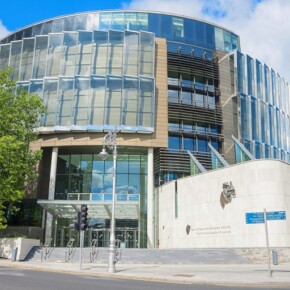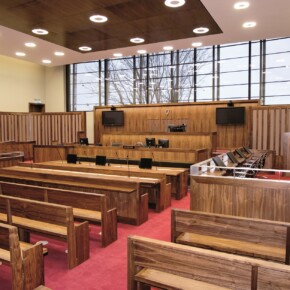Government to research the potential and impacts of a four day working week
Padraig Conlon 22 Jun 2021
A new pilot programme for employers to test the effectiveness of a four-day working week for staff with no loss of pay is being launched today.
The six-month experiment is being organised by the Four Day Week Ireland campaign, which claims it can deliver positive results for business and work/life balance for employees.
Similar research has been carried out in other jurisdictions to give consideration to how, for example, a move to a four-day week would impact on:
Greenhouse gas emissions, environmental pollution and resource / energy consumption;
Macro-economic impacts, employment levels, competitiveness of businesses and staff productivity;
Gender inequality, staff well-being and job satisfaction.
This new research call will provide an opportunity to address these impacts in the specific context of the Irish economy.
Tánaiste and Minister For Enterprise and Employment Leo Varadkar said,
“The Covid-19 pandemic has caused us to rethink and re-evaluate how we work. It’s been shown that huge numbers of people can be just as productive while working at home rather than having to come into the office every day and it has accelerated the shift towards more flexible and family-friendly working hours.
“It’s too early to say whether a four-day working week could work in Ireland.
“The idea is ambitious, to achieve the same outcomes and productivity, for the same pay with 20% fewer hours worked.
“I can see how that might work for some roles but it’s hard to see how it would work in others particularly in health, education and manufacturing for example.
“But we need to keep an open mind when it comes to innovations in the world of work. Ideas like annual leave, maternity and paternity leave and flexitime were once seen to be radical and are now the norm.
“This research being commissioned by the Government will give us a much greater understanding of the potential of this idea and that’s why the Department has agreed to co-sponsor it.”
Up to €150,000 will be made available to support this research.
The two Departments will formally open the call on 1 July 2021, at which time the full evaluation criteria, Terms and Conditions, etc. will be provided.
It is anticipated that the call will remain open to Proposals until 15 July 2021.











